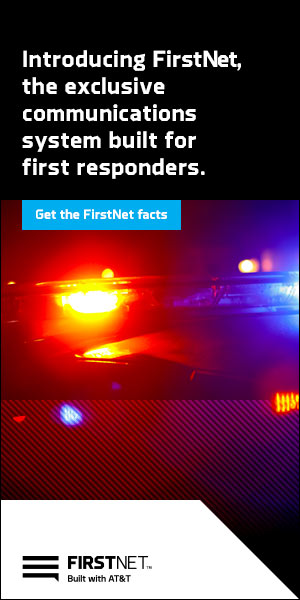Read Full Article | View Source
Charles Clampett

One of my passions for the past 15 years has been helping to raise the awareness of my peers with regard to critical incident stress (CIS): the causes, symptoms, and healthy mitigation techniques. I have dealt with the effects of CIS several times in my career and have luckily been able to eventually overcome it. As a peer support specialist, I have helped many of my brothers and sisters in emergency services deal with their stress over the years.
Many misconceptions exist with regard to CIS. Some of these include the misguided notions that can be summed up by unsympathetic statements such as, “Well, if you can’t take the heat, get out of the kitchen” or “If you can’t handle the stress, perhaps you should consider a career change!” This from professionals where empathy and compassion are supposed to go hand in hand with our stethoscopes and trauma shears. Fortunately, with returning veterans bravely being more outspoken with regard to their struggle with post-traumatic stress, some of the perceived stigma surrounding CIS has also dissipated.
I am a field paramedic of 25 years and now an emergency dispatcher, and believe it or not, the stresses are very, very similar. Being in dispatch doesn’t diminish the stress that we can feel dealing with a critical patient or agitated family member on the telephone.
One of my recent shifts in my emergency dispatch center highlighted this and began with a call from a frantic father who woke up and found his three-week-old son in cardiac arrest. The baby had been sleeping in the bed with his mom, and she had rolled over onto him at some point, suffocating him. Unfortunately, the child was pronounced dead at the scene. Frustration with the caller (who was having issues giving a clear address) coupled with it being a critical pediatric call and the impressively tragic circumstances, culminated in a significant level of critical incident stress.
My day went downhill from there. From that point forward, it was a seemingly unending parade of difficult-to-understand callers, people who couldn’t tell me where they were located, frantic people panicking on the phone, bad phone connections … all combined into a perfect storm of frustration. Soon, feelings of being that “first, first responder” began to evaporate and give way to feelings of irritation and anxiety.

I noticed throughout the day that my usual calm demeanor had cracked and given way to becoming easily frustrated with minor issues. I kept making simple mistakes. When it would get quiet for a few minutes, my mind kept going back to that call or another and the frustration that I had felt. This was culminating in actual stress and anxiety every time the 911 line would ring. Luckily, I recognized my stress and took steps to combat it.
In the short term, I simply took a break! I got up and walked around. I went into the crew room and enjoyed some time with some of the crew members. You could go outside and get some fresh air or go grab a cup of coffee and take a break. Take a few minutes to play a game on your phone or find a quiet place, put on some relaxing music, close your eyes, and think about being in the mountains or on the beach somewhere. If you are really bothered, talk to a close co-worker or supervisor. As peers, we need to be vigilant and be good listeners, especially if a co-worker comes to us stressed or in crisis.
Understand that if you or a colleague experience CIS, you are having a NORMAL reaction to an ABNORMAL situation. Take some time to do those things that make life worth living and relax. It is just as important, in taking care of others, that we take care of ourselves.
Charles Alan Clampett is a paramedic and emergency dispatcher with American Medical Response, Jackson, Mississippi (USA), and a volunteer firefighter with the McLain Volunteer Fire Department, McLain, Mississippi. He was supervisor for the 911 service in Jackson County, Mississippi, when Hurricane Katrina hit and part of the FEMA response team responding to the aftermath of Hurricane Michael.


